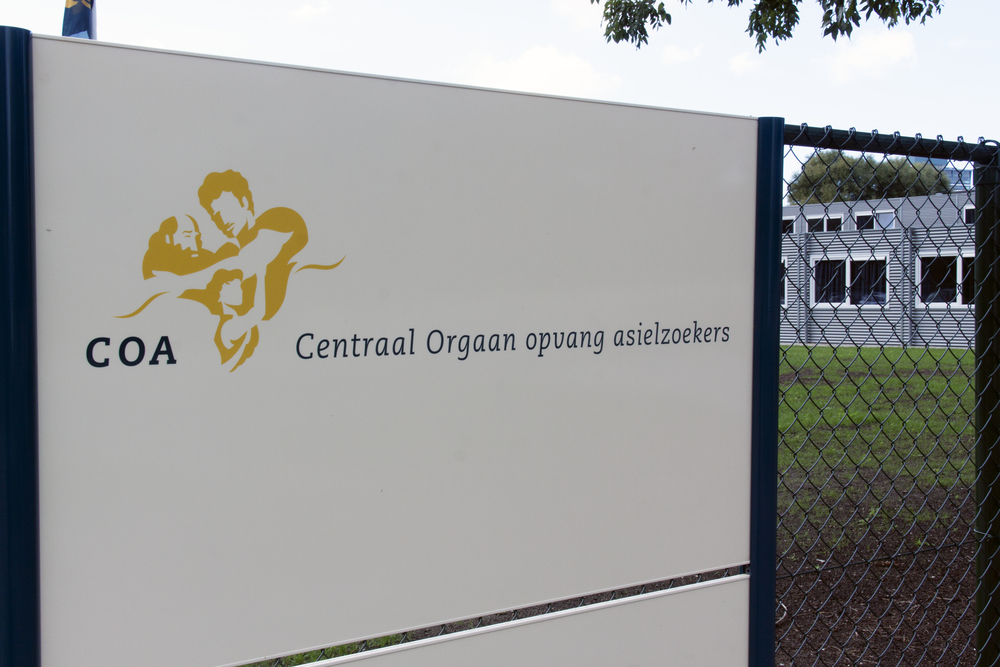The Dutch Central Agency for the Reception of Asylum Seekers (COA) has officially sounded the alarm of an approaching emergency shelter crisis scenario. Asylum centres across the Netherlands are hitting full capacity.
The COA, the central agency responsible for receiving asylum seekers in the Netherlands, has declared that the centres’ capacity of 30,000 has been reached, with 4,000 places needed before November 1. ⏳
Activating emergency reception by receiving asylum seekers in large unused locations such as sports halls is now necessary, RTL Nieuws reports. The last time this method was needed was six years ago, yet, concerns are growing about what should happen if such locations also become full or are unavailable.
Earlier this week, the first major emergency shelter at an events location opened its doors in Goes, Southwestern Netherlands. Current negotiations over emergency centres in Utrecht, Leeuwarden, and Zaanstad are ongoing.
Problems at hand
But what caused this situation? To start, a flux in asylum application numbers was observed between July and August, with September cases expected to go higher especially with the current situation in Afghanistan.
Additionally, the Dutch housing crisis played a major role in clogging the asylum process. According to Kapteijns, there are currently 11,000 people with approved residence permits waiting at COA centres for a home in a municipality.
Growing concerns
Calling for the municipalities’ help, COA’s board member Yoeri Kapteijns describes the situation as undesirable especially given the upcoming winter period — “COA calls on municipalities to make places available for emergency shelter.”
Secretary for Justice and Security Ankie Broekers-Knol expressed concern over the number of people received by the Netherlands as well as the quality of conditions in which they are received.
“I also think it is important that people can be cared for in a humane way. It is difficult to receive people, as in the Zeelandhallen, in bunk beds instead of in a separate room.” says Broekers-Knol.
With preparatory plans already in motion, Broekers-Knol anticipates this development will be scaled up to a crisis emergency care level.
Follow DutchReview on Facebook and Instagram for the latest news from the Netherlands.
Feature Image: Joeppoulssen/ Depositphotos



